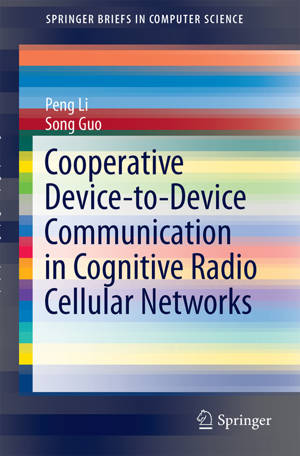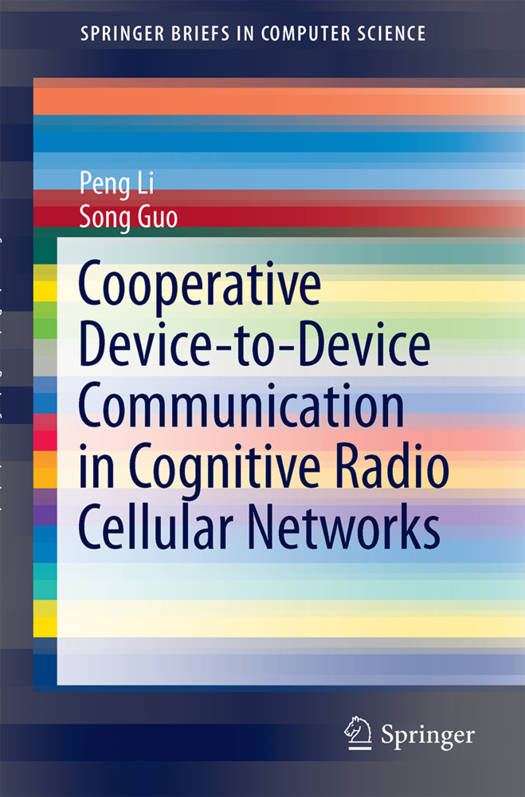
Door een staking bij bpost kan je online bestelling op dit moment iets langer onderweg zijn dan voorzien. Dringend iets nodig? Onze winkels ontvangen jou met open armen!
- Afhalen na 1 uur in een winkel met voorraad
- Gratis thuislevering in België vanaf € 30
- Ruim aanbod met 7 miljoen producten
Door een staking bij bpost kan je online bestelling op dit moment iets langer onderweg zijn dan voorzien. Dringend iets nodig? Onze winkels ontvangen jou met open armen!
- Afhalen na 1 uur in een winkel met voorraad
- Gratis thuislevering in België vanaf € 30
- Ruim aanbod met 7 miljoen producten
Zoeken
Omschrijving
This brief examines current research on cooperative device-to-device (D2D) communication as an enhanced offloading technology to improve the performance of cognitive radio cellular networks. By providing an extensive review of recent advances in D2D communication, the authors demonstrate that the quality of D2D links significantly affects offloading performance in cellular networks, which motivates the design of cooperative D2D communication. After presenting the architecture of cooperative D2D communication, the challenges of capacity maximization and energy efficiency are addressed by optimizing relay assignment, power control and resource allocation. Furthermore, cooperative D2D communication is enhanced by network coding technology, and then is extended for broadcast sessions. Along with detailed problem formulation and hardness analysis, fast algorithms are developed by exploiting problem-specific characteristics such that they can be applied in practice.
Specificaties
Betrokkenen
- Auteur(s):
- Uitgeverij:
Inhoud
- Aantal bladzijden:
- 78
- Taal:
- Engels
- Reeks:
Eigenschappen
- Productcode (EAN):
- 9783319125947
- Verschijningsdatum:
- 9/12/2014
- Uitvoering:
- Paperback
- Formaat:
- Trade paperback (VS)
- Afmetingen:
- 156 mm x 234 mm
- Gewicht:
- 140 g

Alleen bij Standaard Boekhandel
+ 105 punten op je klantenkaart van Standaard Boekhandel
Beoordelingen
We publiceren alleen reviews die voldoen aan de voorwaarden voor reviews. Bekijk onze voorwaarden voor reviews.











